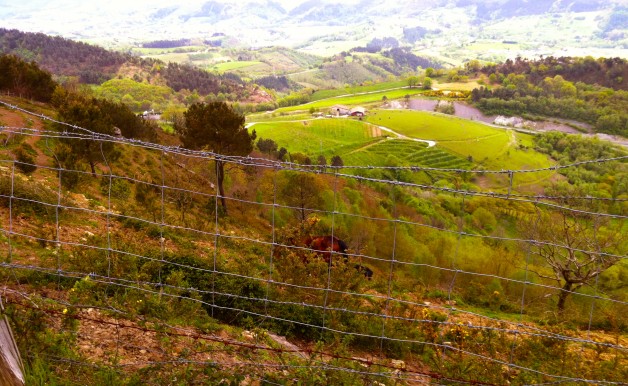
What is a writers’ workshop? What does such a critique and conversation do for the writer, and how should readers approach their task? You probably have your own answers to these questions, based on your own experiences with workshops and how good or bad they’ve been.
One of the most important things a workshop does is transform an amateur writer into an ace editor. And what transforms an amateur writer into a professional writer is being able to edit his or her own work brilliantly. It’s also much easier to see the flaws in a manuscript that’s not your own, but also to see them without a doomsday feeling descending upon you. Flaws can be fixed. A rough draft goes through many passes before it becomes publishable. This is a normal process.
Having a great group of readers frees you to try without feeling you must succeed right away in order to avoid failure. A kind of failure is necessary, even nourishing, for the creative process. Here, then, are my thoughts on the benefits of workshop and a great way to structure a workshop. This is the way I structure the workshops in the Book Writing World.
1) A workshop is a community of readers who provide what the writer can never properly give him- or her-self: fresh eyes with which to view the manuscript, an understanding of the experience of reading the story, a feeling of the writing as something apart from the writer.
I teach the members of my group to read the work as readers, rather than as writers. First, while we vary in our expertise as writers, we are all experienced and passionate readers. Rather than instruct a writer on how we would re-write *her* book (when we have our own to write!), we tell the writer what it is like to read her book.
2) We begin with a brief summary. This unearths what the group understood to be the main events of the section, “what happened.” Any discrepancies here are important to discover. At the most basic level, the writing must effectively communicate what the writer hopes it will.
3) Then we discuss what we liked and loved about the manuscript. Writers so often do not know our own strengths. Someone said, “Your style is like a nose: everybody can see it but you.” A group of readers at its best will bolster a writer’s strengths.
4) We turn, then, problems. I ask, “What threw you out, confused you, raised questions (remembering that not all questions are problems; questions pull us through a narrative); what were the issues?” In a casual conversational format, we bring up any points we raised in our notes on the manuscript. Where there is disagreement, readers are encouraged to speak up and discuss their divergent readings. This can be tremendously helpful for the writer and is one of the key elements in seeing the writing as something separate from the writer. I encourage the group to mention anything significant that is in the notes, so that the writer is not left to grapple later with some major question we have not discussed.
5) Toward the end, we return to a review and addition of what we liked and loved. This developed when we discovered that writers were not remembering that crucial portion of the discussion without a final reinforcement of it.
6) Only at the end of the conversation do we open the floor to the writer, who’s been listening and making notes the whole time. Now she may ask additional questions, get clarification, ask for guidance or simply thank the readers.
My workshops are one hour long and have four enrolled members plus me. In addition to providing an ongoing, committed community of readers, the workshop provides monthly deadlines and a structure of goal setting for each writer. Each person submits up to 5000 words/ month and is the focus of one week. At the start of workshop, we check in about the writing week of each member and handle any announcements or logistics. The discussion of the manuscript takes 40 minutes of the hour.
The writer builds the boat and the reader takes the journey. The workshop group reports back on the experience of the journey so that the writer can refashion the boat to more exactly fulfill her vision of the trip.
Elizabeth Stark is the author of the novel Shy Girl (FSG, Seal Press) and co-director and co-writer of several short films, including FtF: Female to Femme and Little Mutinies (both distributed by Frameline). She earned an M.F.A. from Columbia University in Creative Writing. Currently the lead mentor and teacher at the Book Writing World, she’s taught writing and literature at UCSC, Pratt Institute, the Peralta Colleges, Hobart & William Smith Colleges and St. Mary’s College. She’s at work on a novel about Kafka.

As a workshop participant for many months I’d like to say how supportive, professional, funny, and helpful I have found the other workshop participants and Elizabeth. I feel as if I’ve made many important breakthroughs in my writing, and though I backslide and forget and do what’s most comfortable at times (summarizing rather than writing scene) I do feel mostly that I’m operating on a more informed and artistic plane that previously. I have seen the same thing happen to other workshop participants. And through Elizabeth’s example I think I/we are getting more adept at tactfully and positively critiquing the work of others.
One more thing: Elizabeth’s new novel is not only agented, but it’s on its way out to editors at prospective publishers!